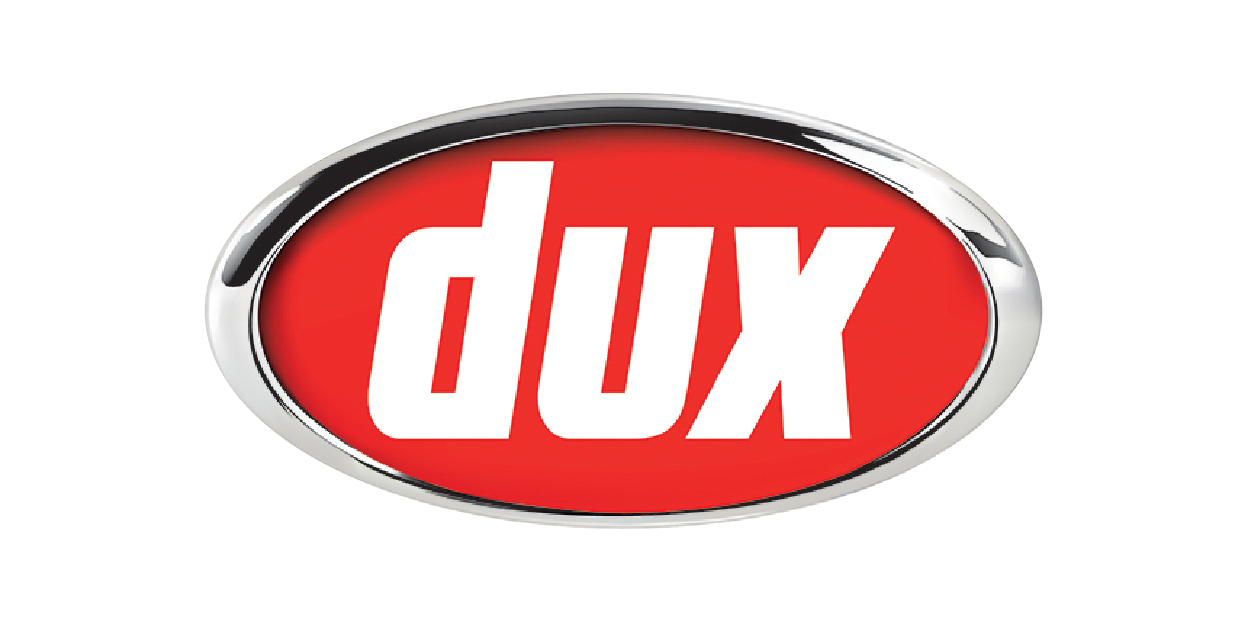
Call Today 09 973 4973 or
Fuel storage tanks, whether above or underground, are integral components in many industries such as petroleum, chemical, and transportation. They hold different types of fuels like petrol, diesel, or heating oil used in various applications. However, leaks from these tanks can lead to severe environmental and health hazards, making effective leak detection critical. This article will delve into the importance of leak detection for fuel storage tanks, the methods employed, and the importance of professional services in this context.
The Environmental and Health Hazards of Fuel Leaks
Fuel leaks can have significant environmental and health impacts. Fuels contain harmful substances that, when released into the environment, can contaminate soil, groundwater, and surface water, harming plants, animals, and humans. Leaked fuel vapours can contribute to air pollution and, when inhaled, can cause various health issues.
Types of Leak Detection Systems for Fuel Storage Tanks
Several types of leak detection systems are available for fuel storage tanks. These include interstitial monitoring systems, automatic tank gauging systems, and ground-penetrating radar. Interstitial monitoring systems detect leaks in double-walled tanks by monitoring the space between the walls. Automatic tank gauging systems track the level of fuel in a tank to identify any sudden drops that may indicate a leak. Ground-penetrating radar can detect changes in the soil or water around a tank that may indicate a leak.
The Role of Regular Inspections and Maintenance
Regular inspections and maintenance play a crucial role in preventing leaks from fuel storage tanks. Regular checks can identify potential issues, such as corrosion or equipment failure, that could lead to leaks. Maintenance activities might include replacing worn-out components, cleaning the tank, and applying protective coatings to prevent corrosion.
Professional Leak Detection Services
The complexity of fuel storage tank systems and the significant risk posed by leaks make the role of professional leak detection services indispensable. These services employ sophisticated technologies and expert technicians to accurately locate and assess potential leaks. They also advise on appropriate remedial actions and preventive measures.
Actions Following Leak Detection
Once a leak has been detected, immediate action is required to mitigate the environmental and health risks. This may include emptying the tank, repairing the leak, cleaning up the leaked fuel, and remediating any environmental damage. The tank should be thoroughly tested after repairs to ensure that it is leak-free before it is returned to service.
Effective leak detection for fuel storage tanks is paramount in ensuring environmental safety and health, regulatory compliance, and the efficient operation of industries that rely on stored fuels. By investing in advanced leak detection systems, regular inspections and maintenance, and professional services, leaks can be promptly detected and addressed, mitigating risks and safeguarding the environment.
Suppliers




